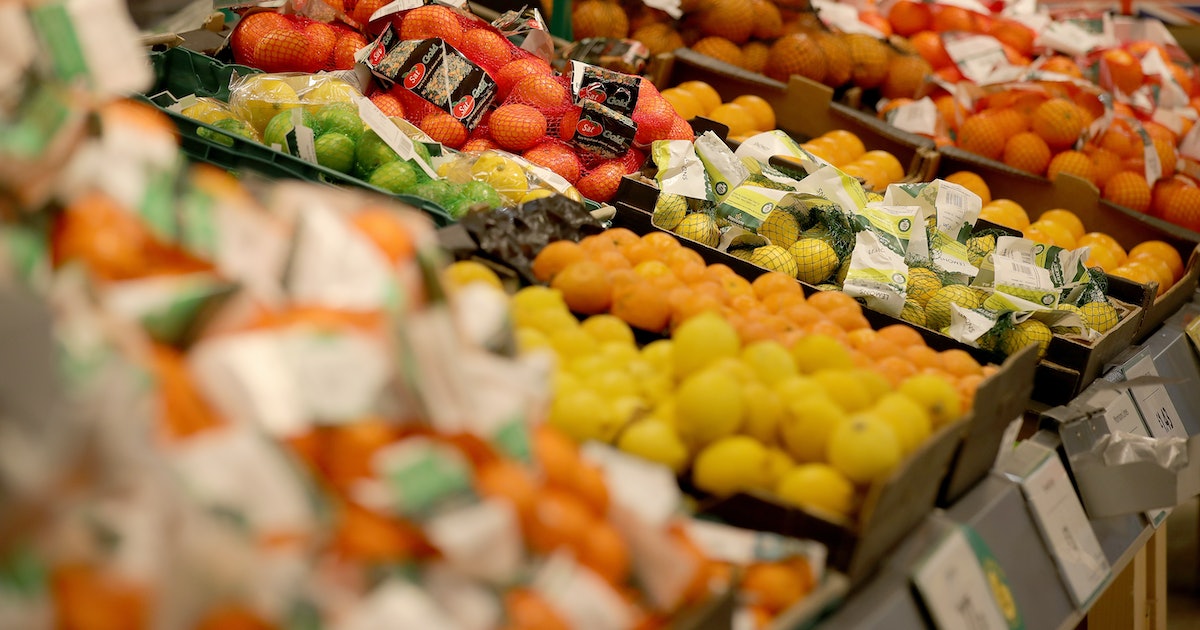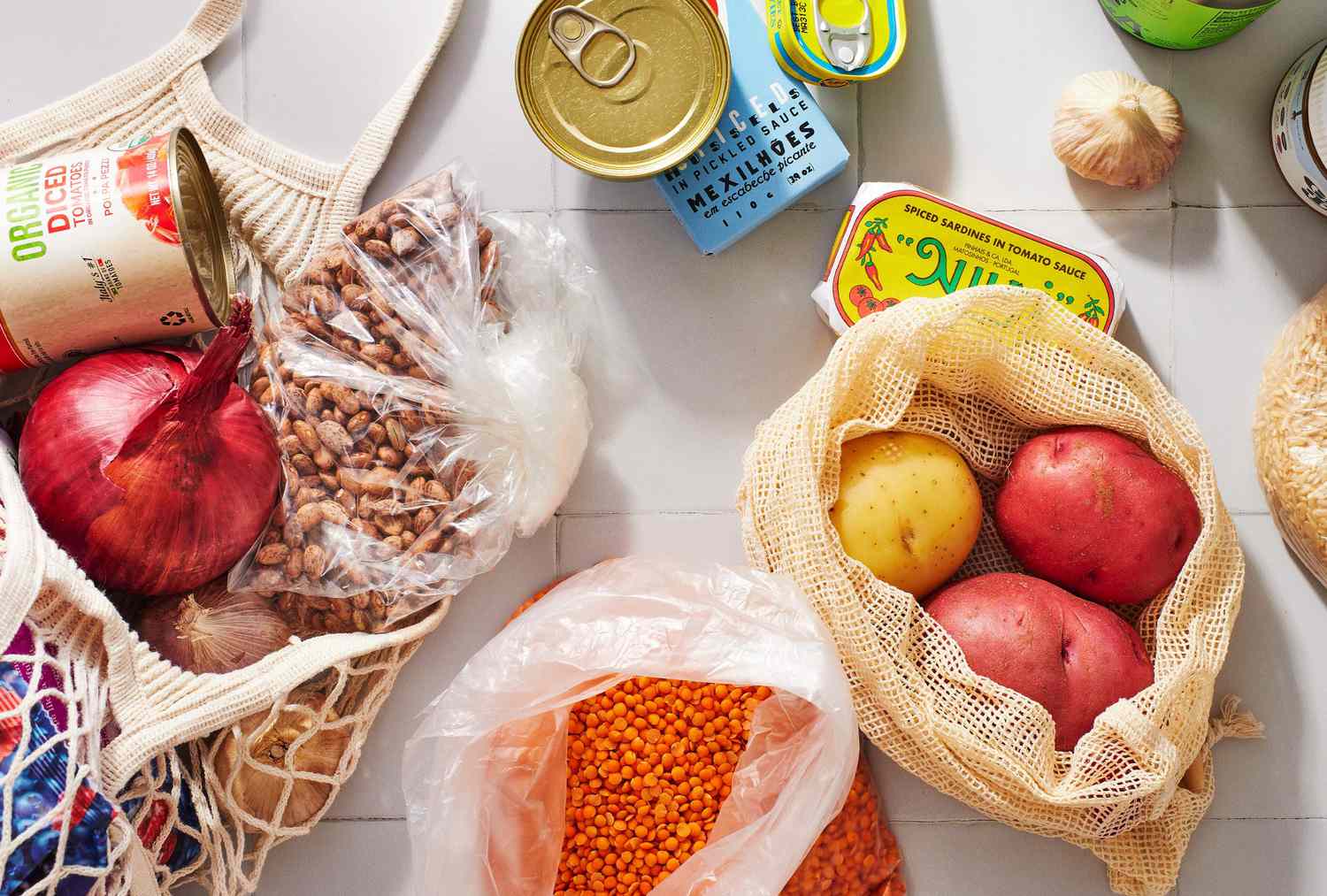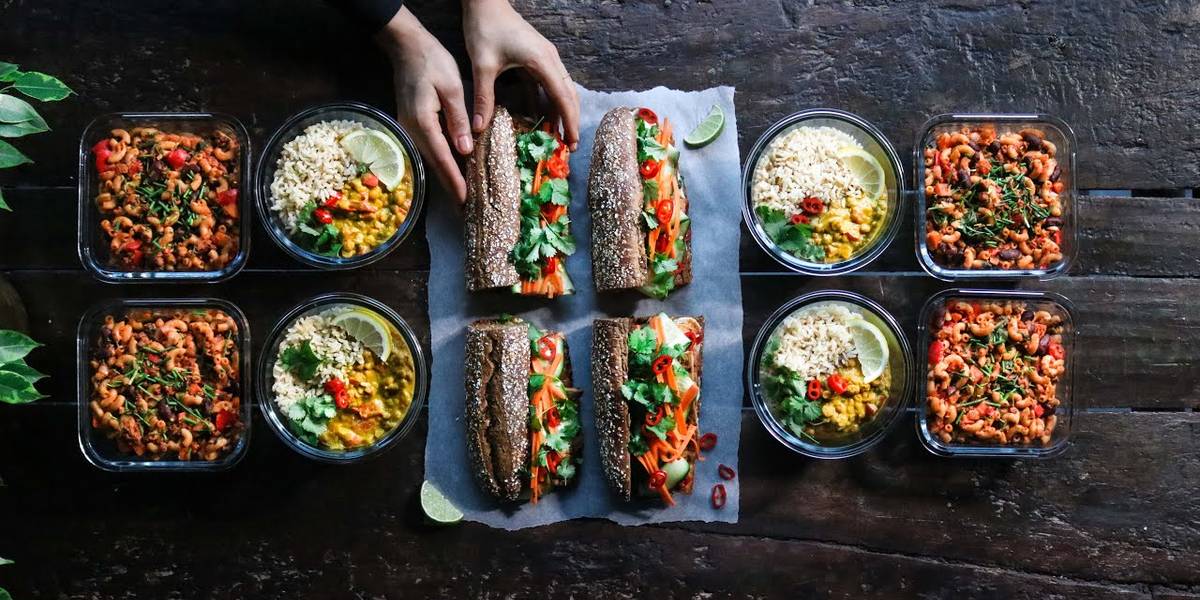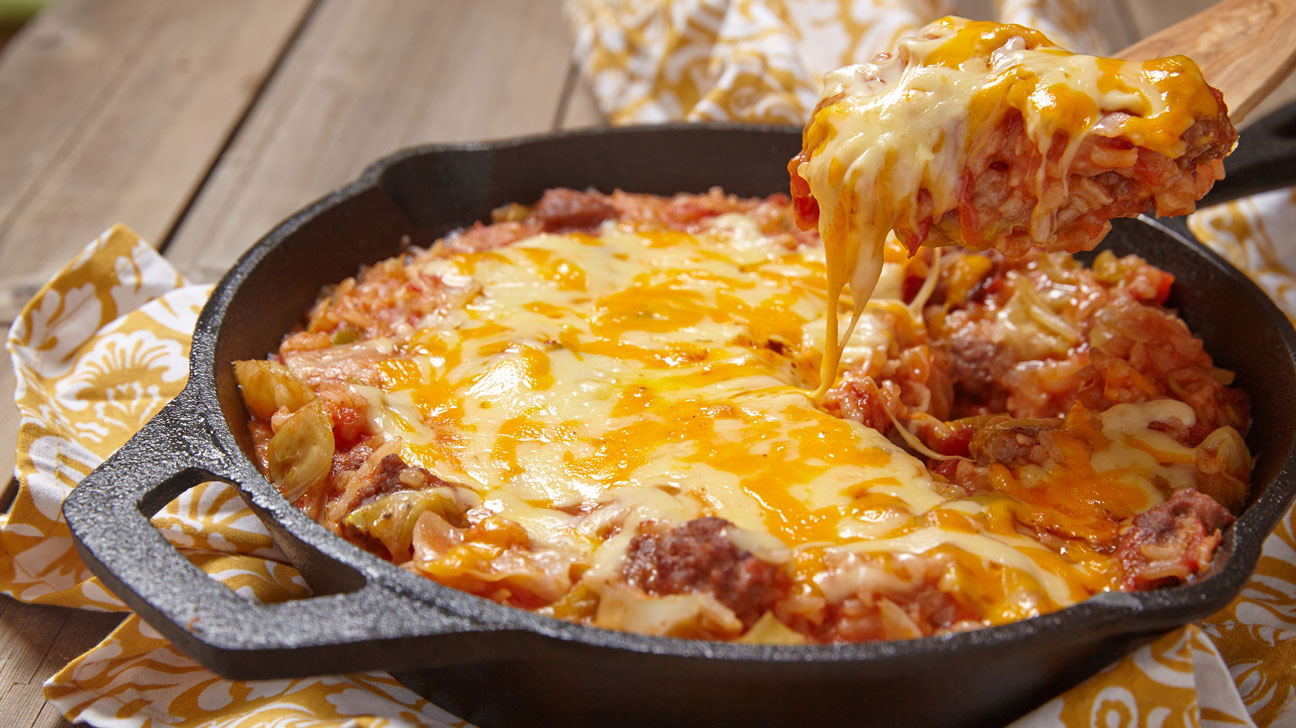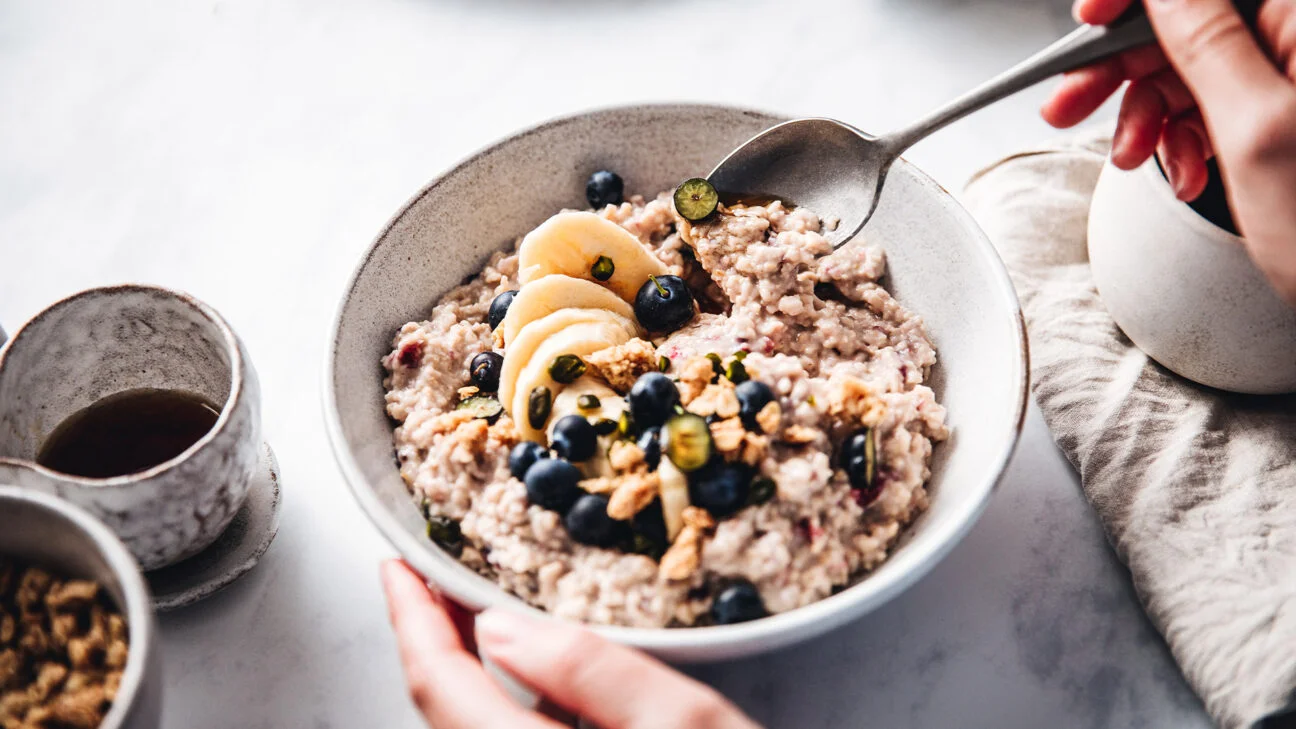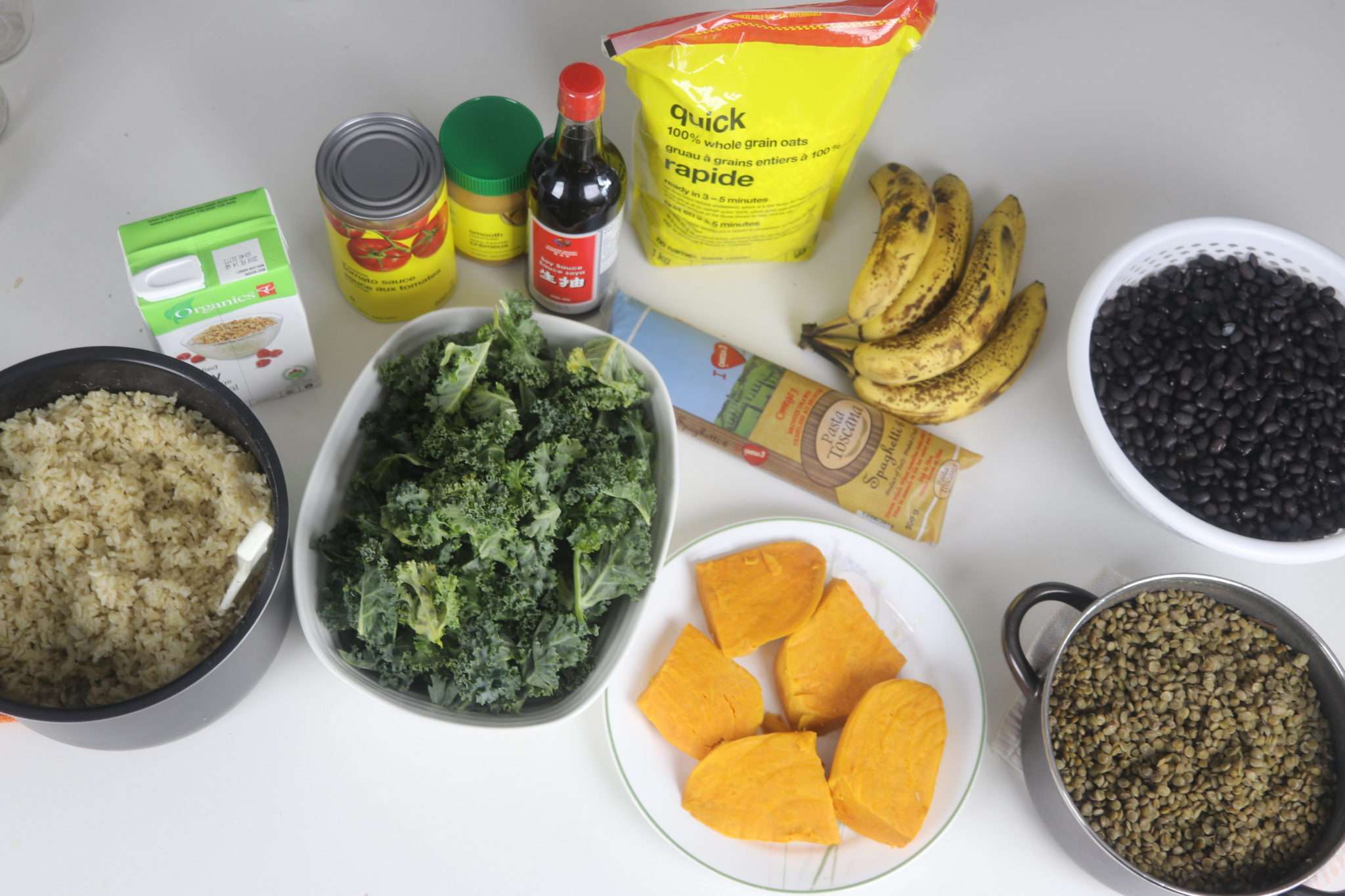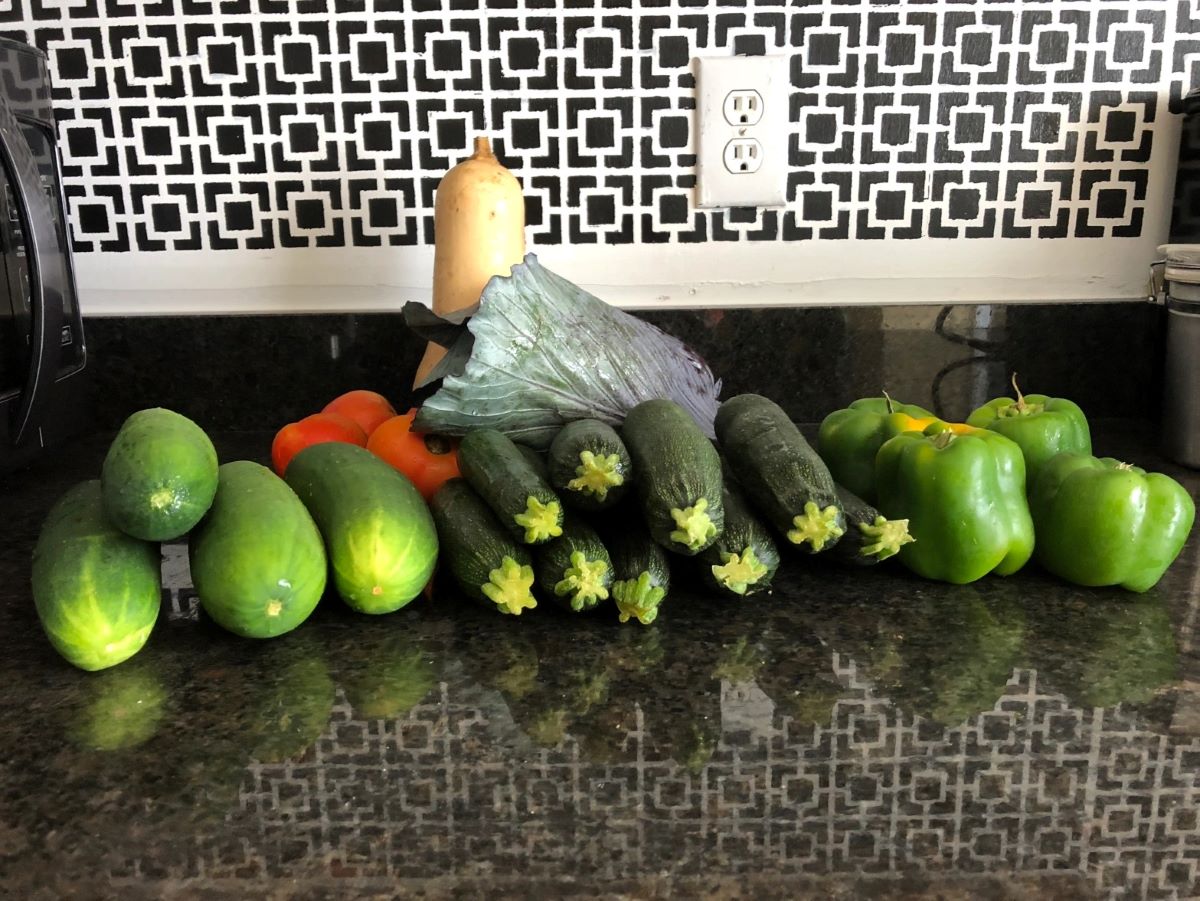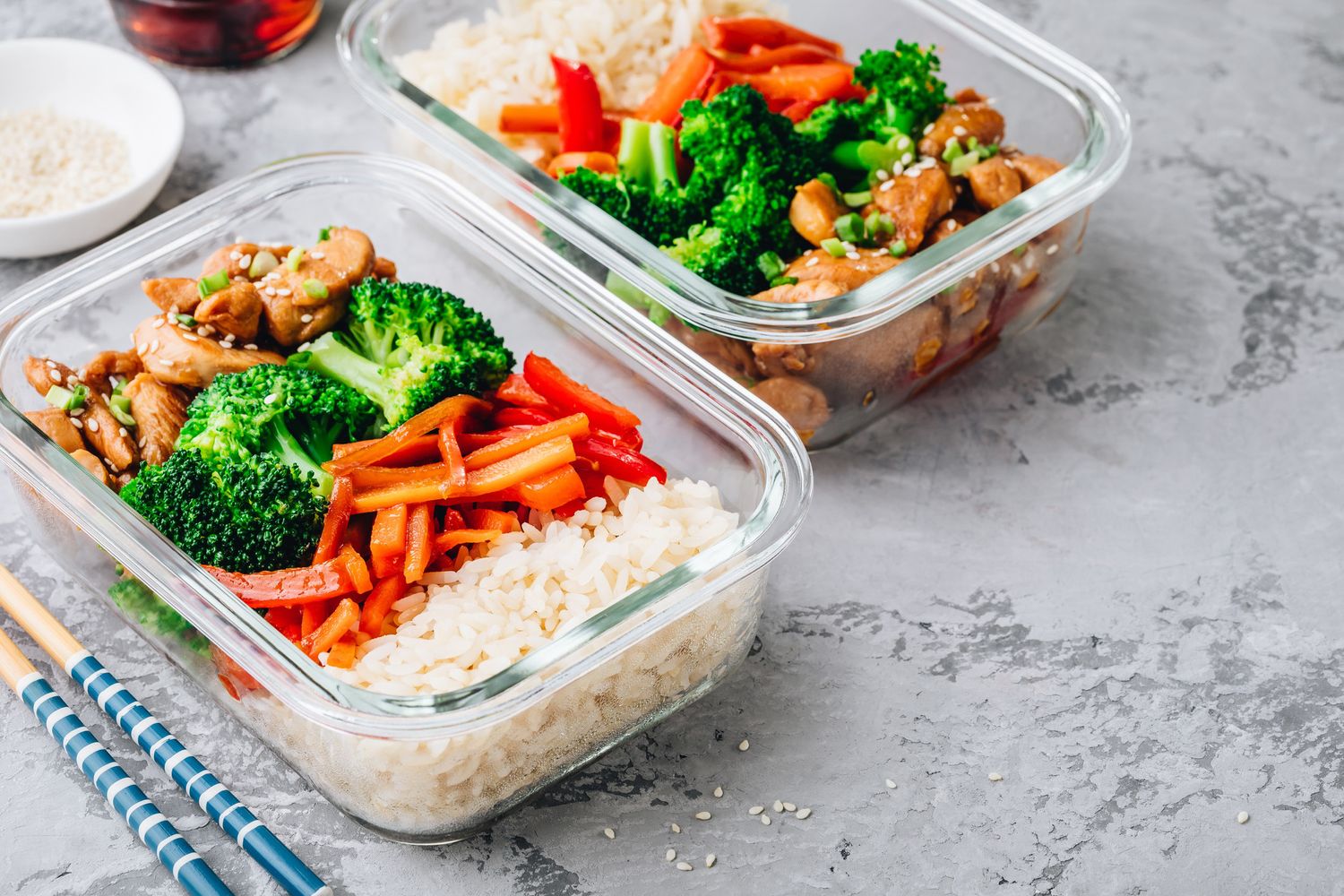How to Eat Well on a Tight Budget
When money is tight, it can be challenging to eat well and maintain a healthy diet. However, with some careful planning and smart shopping, it is possible to enjoy nutritious and delicious meals without breaking the bank. Here are some tips for eating on a low budget:
Plan Your Meals
One of the most effective ways to save money on food is to plan your meals in advance. Take some time to sit down and create a weekly meal plan. This will help you make a shopping list and avoid impulse purchases. Look for recipes that use affordable ingredients and can be stretched into multiple meals.
Buy in Bulk
Buying in bulk can be a great way to save money on staple items like rice, beans, and pasta. Look for bulk bins at your local grocery store or consider joining a wholesale club where you can purchase larger quantities at a lower cost per unit. Just be sure to only buy what you can use before it spoils.
Shop for Sales and Discounts
Keep an eye out for sales and discounts at your local grocery store. Many stores offer weekly specials and discounts on certain items. Take advantage of these deals and stock up on non-perishable items when they are on sale. You can also use coupons to save money on your grocery bill.
Cook at Home
One of the best ways to save money on food is to cook at home. Eating out at restaurants or ordering takeout can quickly eat into your budget. By preparing meals at home, you can control the ingredients and portion sizes, ultimately saving money and eating healthier.
Embrace Meatless Meals
Meat can be one of the most expensive items on your grocery list. Consider incorporating more meatless meals into your diet to save money. Beans, lentils, and tofu are affordable sources of protein that can be used in a variety of dishes. You can also use smaller amounts of meat in dishes like stir-fries and casseroles to make it go further.
Grow Your Own Produce
If you have the space, consider starting a small vegetable garden. Growing your own produce can be a cost-effective way to enjoy fresh fruits and vegetables. Even if you don’t have a garden, you can grow herbs and small vegetables in pots on a windowsill or balcony.
Compare Prices
Don’t be afraid to shop around and compare prices at different stores. You may find that certain items are cheaper at one store compared to another. Consider visiting discount grocers or ethnic markets, where you may find lower prices on certain items.
Avoid Wasting Food
Food waste can quickly add up and impact your budget. Try to use up leftovers and ingredients before they spoil. You can also repurpose leftovers into new meals to avoid throwing them away. Additionally, consider freezing leftover portions for future meals.
Conclusion
Eating well on a low budget is possible with some careful planning and smart shopping. By following these tips, you can enjoy nutritious and satisfying meals without breaking the bank. With a little creativity and resourcefulness, you can make your food budget stretch further and still eat well.

